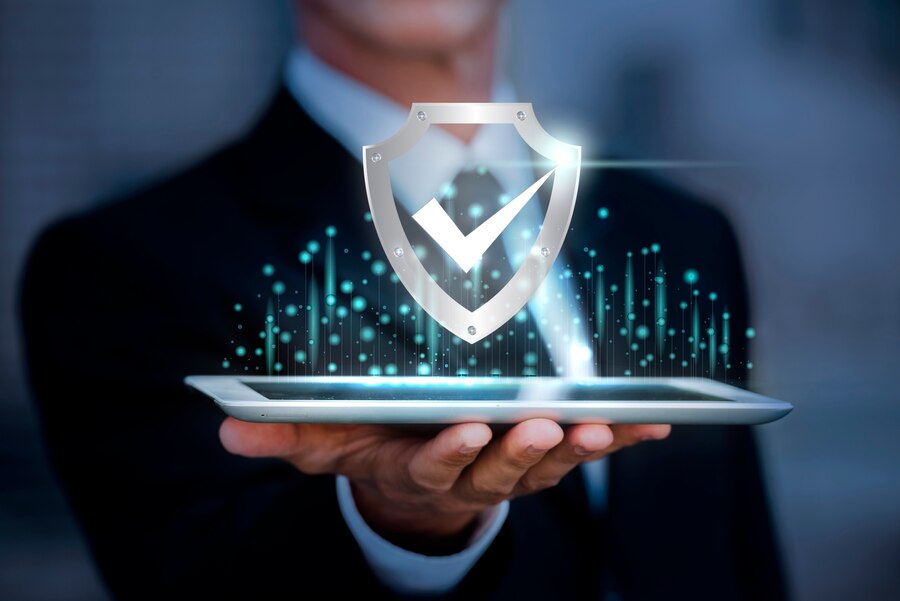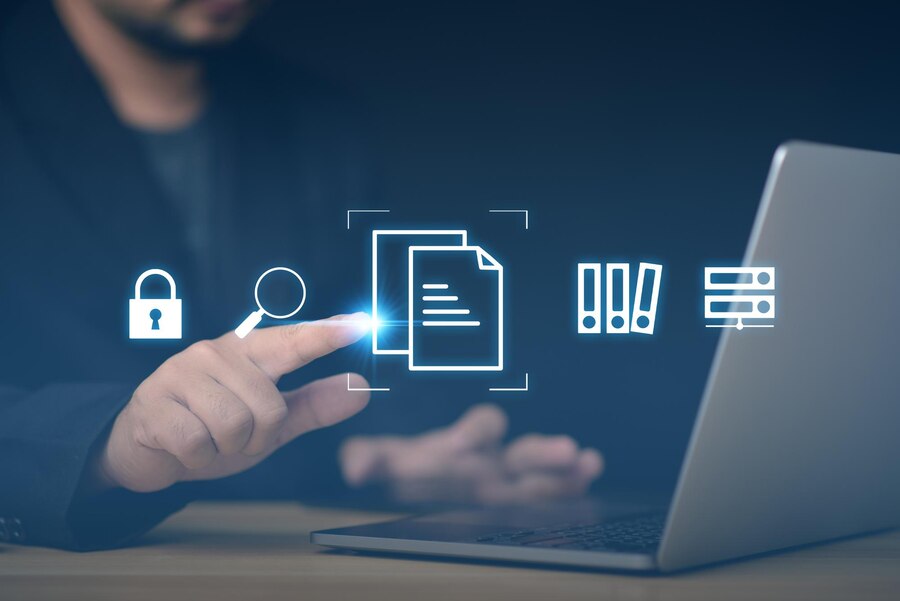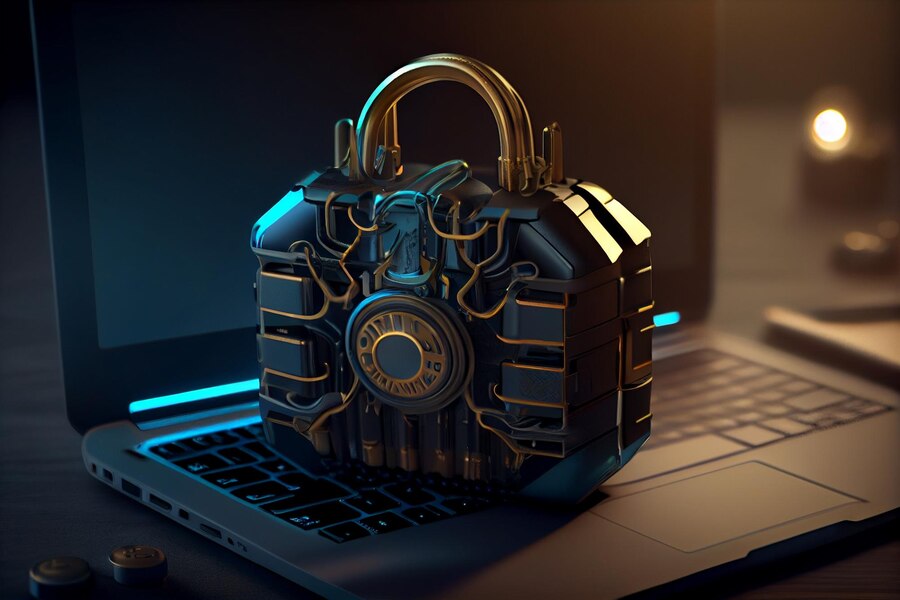- The Threat Of Corporate Espionage
- What Is A Data Room?
- Significance Of Virtual Data Rooms
- Features That Ensure Security
- Virtual Data Room Providers: Firmex
- Brief On Online Document Protection
- How To Select A Data Room Provider?
- The Price Vs Security Debate
- The Role Of Encryption
- User Access Control Mechanisms
- In A Nutshell
Corporate Espionage: Data Rooms Protect Against Prying Eyes

With rising corporate espionage, organizations must securely share sensitive data. Virtual data rooms allow this by providing strict access controls and robust encryption for confidential files exchanged between parties.
Learn more about virtual data rooms: This guide details how modern data rooms offer unmatched security as deals increasingly digitize, making them essential for intellectual property protection.
The Threat Of Corporate Espionage
In today’s globalized economy, ethical lines often blur in the name of competitive edge. Corporate espionage has seen an unfortunate rise as firms illegally spy on each other to inform business decisions and strategies. Often by employing hackers, they infiltrate rival systems to steal data assets such as intellectual property, trade secrets, or confidential documents.
The impact of such data breaches can rarely be contained or quantified. Compromised intellectual capital could completely erode an organization’s innovative advantage. Financial and reputational damages also ensue from leaks of sensitive communications or deals. The ripples may spread across related industries when proprietary secrets fuel unfair competition.
This demands watertight security protocols that allow no quarter for infiltration. Secure virtual data rooms present one proactive measure to safeguard against corporate spying amidst the precarious landscape. With access controls, encryption, and activity tracking, data rooms provide formidable protection to counter evolving digital threats.
What Is A Data Room?

A data room functions as a protected repository for confidential documentation that must be shared securely during corporate activities. Physical data rooms were once standard but faced limitations in an evolving digital era. Virtual data rooms (VDRs) have since emerged as more agile secure collaboration platforms, providing strictly controlled online data access.
VDRs allow organizations to share sensitive materials online via encrypted virtual workspaces. Multiple parties can access, discuss, or transfer documents through these secure portals during periods of heightened data vulnerability. Common use cases include M&A due diligence, venture fundraising, and asset divestiture.
Significance Of Virtual Data Rooms
As people transition towards a more digitalized society, the significance of virtual data rooms becomes even more pronounced. These protected online environments safeguard sensitive files from a variety of threats. They serve as controlled spaces that allow access only to authorized individuals.
Not only do these virtual spaces make sharing and collaboration much easier, but they also track who viewed which documents and when. This aids in pinpointing potential information leakage and maintaining compliance with various regulations.
VDRs ensure round-the-clock availability of information without sacrificing security, thus contributing to decreased operation costs and increased efficiency in deal-making processes.
Features That Ensure Security

VDR security hinges on encryption and access design. Encryption transforms readable data into a coded form, only decipherable with keys or credentials. It ensures data remains secure if intercepted during transmission or storage. Access design limits data visibility on a need-to-know basis.
Sophisticated VDRs allow granular access tuning, with extensive options to control document visibility, downloading abilities, watermarks and more based on user roles. Advanced authentication mechanisms also help verify identities, including multi-factor authentication. AI further bolsters protection by detecting anomalies and suspicious behaviors.
Combined with best-practice cyber hygiene, hardened data centers, and high availability architecture, these functionalities enable VDRs to deliver compliance-grade security. They formulate layered defenses against risks as data traverses digital pathways.
Virtual Data Room Providers: Firmex
When selecting a VDR provider, several qualities are important including reputation, clients served, security protocols implemented, and other value-added services offered. In your search for reliable providers, one name you’ll invariably come across is Firmex.
Firmex has gained a reputation for providing secure, easy-to-use virtual data rooms designed for complex and sensitive deals. Apart from offering comprehensive data controls, multi-layered document security, and intricate user-access allowances, Firmex also provides steadfast customer support that is available 24/7.
With professionals in due diligence, M&A, litigation, and procurement having trusted Firmex to securely share their highly confidential documents, it’s evident that this provider may be just what your organization needs to counter threats from corporate spies.
Brief On Online Document Protection

With emerging threats like hacking and corporate espionage, encryption has become fundamental for data protection, especially during network transmission or external storage. By encoding information, encryption ensures data remains secure even if intercepted or devices are stolen.
Access controls also regulate document visibility on a need-to-know basis. Administrative controls can assign varied access levels, minimizing risk while improving operational efficiency.
Digital watermarking likewise enables tracing leaks back to the source. Robust backup protocols guarantee document availability and restoration capabilities against accidents or failures.
How To Select A Data Room Provider?
Choosing a data room provider entails extensive research into aspects like service offerings, physical/technological security, and customer feedback. Requirement considerations include data volume, user scale, usage frequency and security needs.
The ideal provider demonstrates 24/7 surveillance, fail-proof backup protocols, and server security reflecting an understanding of cyber-physical convergence. Industry reputation based on existing client reviews indicates real-world performance for different use cases. Balancing these factors is key when selecting a partner up to an organization’s data protection standards.
The Price Vs Security Debate
Cybersecurity comes at a cost; however, the price of security breaches can sometimes be far too steep for any organization to bear – shifting the discussion in favor of proactive investment rather than reactive damage control. That said, pricing plans for data rooms can vary greatly across vendors.
In making your decision, it’s important to weigh out the costs against the value-added benefits offered by different providers. For instance, while some providers may be cheap with minimal features, others might come at an extra cost with enhanced features like real-time collaboration tools and multi-layered access controls.
In reality, it’s not always a matter of ‘price versus security’, but rather finding that optimal balance where your budget accommodates for maximum necessary information safeguards.
The Role Of Encryption

By encoding data to be readable only with access credentials, encryption is indispensable as the first line of defense. It ensures classified information and transmissions remain inaccessible in case of interception amid networks or stolen devices. With most data rooms leveraging 256-bit encryption alongside authentication protocols, organizations can secure their data assets through transit and storage.
Encryption is a fundamental security protocol to protect against cyber threats in business today.
User Access Control Mechanisms
Another messiah guarding against potential data breaches is user access control mechanisms. These regulate who has access to what data within the confines of your VDR setting.
Often, access controls can be modified based on administrative requirements – you might wish to grant full access to some while restricting others to read-only status. This not only minimizes risk but also enhances operational efficiency by assigning individuals with only those privileges they strictly require to perform their tasks.
In a nutshell, user access control mechanisms provide a balanced approach to preserving business confidentiality while facilitating collaboration.
In A Nutshell
As data breaches threaten intellectual property and competitive advantage, securing sensitive information is now an organizational imperative. Virtual data rooms provide unparalleled protection through access controls, robust encryption, and detailed activity audits.
By restricting data visibility on a need-to-know basis, these digital repositories enable controlled collaboration with external parties during vulnerable periods. Ultimately, data rooms help future-proof organizations against corporate espionage as deals and documents digitize exponentially. With balanced security, responsiveness, and resilience, companies can collaborate securely despite heightening cyber risks.
Read Also:










